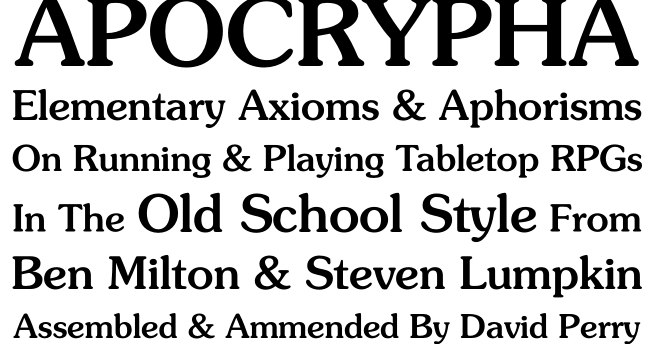In each case, the players are exercising control--they understand they are going to face some consequences and that they aren't going to be able to anticipate those fully in advance. The fact that they can't tell you exactly how many KGB agents will be sent after them doesn't mean they don't know the consequences. Just like if you raid a dungeon and it gives you a bunch of rolls on a treasure table, you know it will be worth raiding even though you don't know exactly what you get. Or you know that if the enemy magic user casts prismatic spray on you it is going to be nasty, although you can't predict exactly how.
The standard of knowability you are applying is not really comprehensible to me given how knowability works elsewhere in RPGs. And life.
To me, if the possible consequences range from
an agent might try and poison you in a park through
a van will pull up and discharge a dozen agents trying to kidnap you to
a coup will occur in your homeland, and a battalion of soldiers come after you, then I don't really know what the consequences are.
And I don't really feel the force of your treasure point: classic D&D has things like the wand of metal and mineral detection, and potions of treasure finding, for a reason.
The GM didn't leave any breadcrumbs; they are just portraying the world.
These aren't mutually exclusive. The latter can easily be an instance of the former.
The players don't have to learn about these locations at all if they don't want to. They are in control of their actions.
The players want to play a game. So they have to make moves - otherwise everyone is just sitting at the table with nothing happening. If the moves are to be informed, then the players need to understand, to some reasonable degree, what their position is - what will happen if they make this move rather than that move.
If getting to that state itself requires, say, 6 hours of play, as the players follow the GM's lead as to where the information can be found - first, go to the hedge witch, who will send you to the library, where you'll discover the thieves stole the book, so you have to go to the guild, where the guildmaster will send you on a quest before you can be shown the book - the fact that the players can choose to declare other actions becomes neither her nor there, if the other actions are simply going to lead to a different path of breadcrumbs.
Here's and example of the sort of thing I mean: the players want information to help make an informed decision, and in order to do that all this other play has to happen first, which is not about them exercising control over the fiction but just about doing whatever has to be done to prompt the GM to provide the information
What I have seen very often is that the group or a player in the group will want to find X that his PC wants, and will go to the library or a sage to find out where X is located. Sometimes X will be one of the locations already detailed on the map, in which case the player is driving play to that location, not the DM's name. Often, it won't be on the map and the DM will have to add it somewhere, also driving play to that location.



